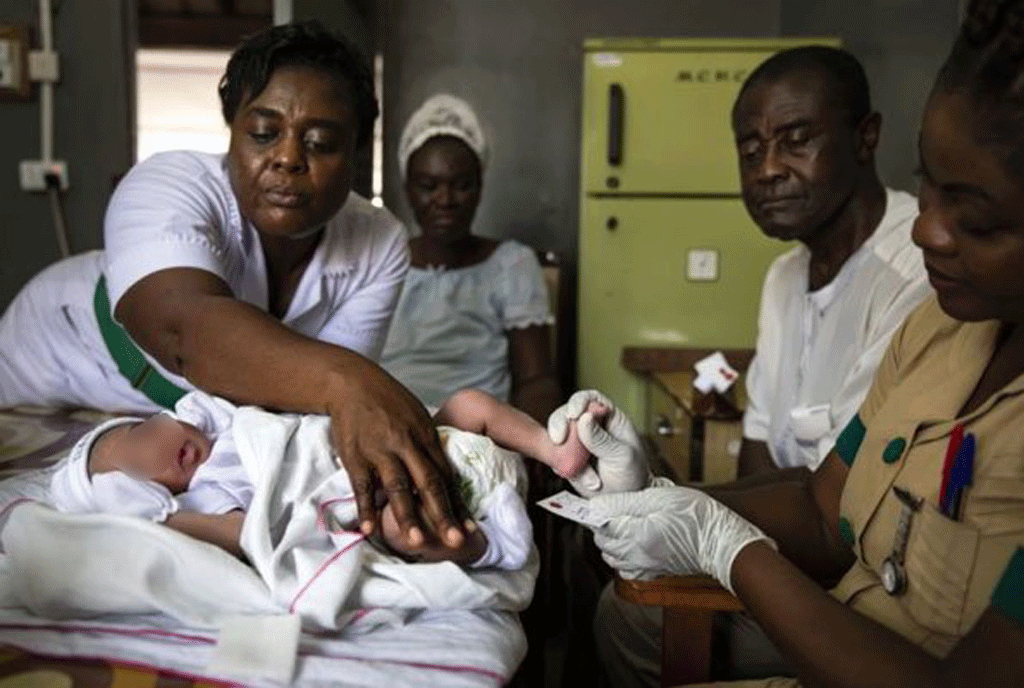Sickle cell patients decry high cost of drugs

Sickle cell is an inherited red blood cell disorder caused by an abnormality of the hemoglobin. PHOTO/FILE
What you need to know:
- Around 20,000 children are born with sickle cell anaemia in the country every year.
- Uganda will commemorate the World Sickle Cell Day on Wednesday.
Organisations working with people with sickle cell disease (SCD) have urged government to subsidise on the cost of sickle cell medicine to ease access and improve the survival of patients.
As the world marked Sickle Cell Day yesterday, leaders of Raising Hope International Friends (RHIF) and Uganda Sickle Cell Rescue Foundation (USRF) said many caretakers and patients, majorly those in rural areas, cannot afford hydroxyurea, the SCD medicine is sold at around Shs1,700 per tablet.
“Previously, we had folic acid where we were paying Shs1,500 for 30 tablets that would last 30 days. Hydroxyurea is taken daily and the price ranges from Shs1,500 to Shs2,000, depending on the pharmacy or medical facility you go to,” Mr Isaac Okello, the RHIF leader, told Daily Monitor yesterday during the SCD awareness walk in Kampala.
Dr Richard Idro, a consultant paediatrician at Mulago Hospital , said hydroxyurea is a game changer in SCD care.
“In one leading study led by Prof Robert Opoka [from Makerere University medical school], daily hydroxyurea reduced the number of painful episodes, requirement for blood transfusions and even number of hospitalisations,” he said.
However, Mr Daniel Roy Odur, the USRF executive director, said not everybody has been able to access the medicine and even better painkillers for those experiencing excruciating pain.
“They don’t have the resources to purchase them and there is little or no information about the medicine reaching the people in rural areas. Some of the facilities are also far away from them,” he told this publication.
Dr Idro said around 20,000 children are born with sickle cell anaemia in the country every year.
“In Uganda, 1 of 7 persons or 13 percent of the population carry this gene and 0.8 percent have the disease. Sickle cell anaemia is an inherited genetic disorder of the blood pigment, haemoglobin,” he explained.
Mr Odur said there is a need to increase access to screening for sickle cell traits so people can make informed choices that would limit marriages between carriers. He said the screening costs between Shs25,000 and Shs100,000 in hospitals.
When contacted yesterday, Dr Charles Kiyaga, the National Sickle Cell coordinator, said he would get back. He had not done so by press time.
Mr Odur on the other hand said: “We shall be doing countrywide screening for the sickle cell. It is free of charge. We are targeting universities because that is where people develop intimacy and ensure that if you are a carrier, your partner should be negative,” he said.
Uganda will commemorate the World Sickle Cell Day on Wednesday.




